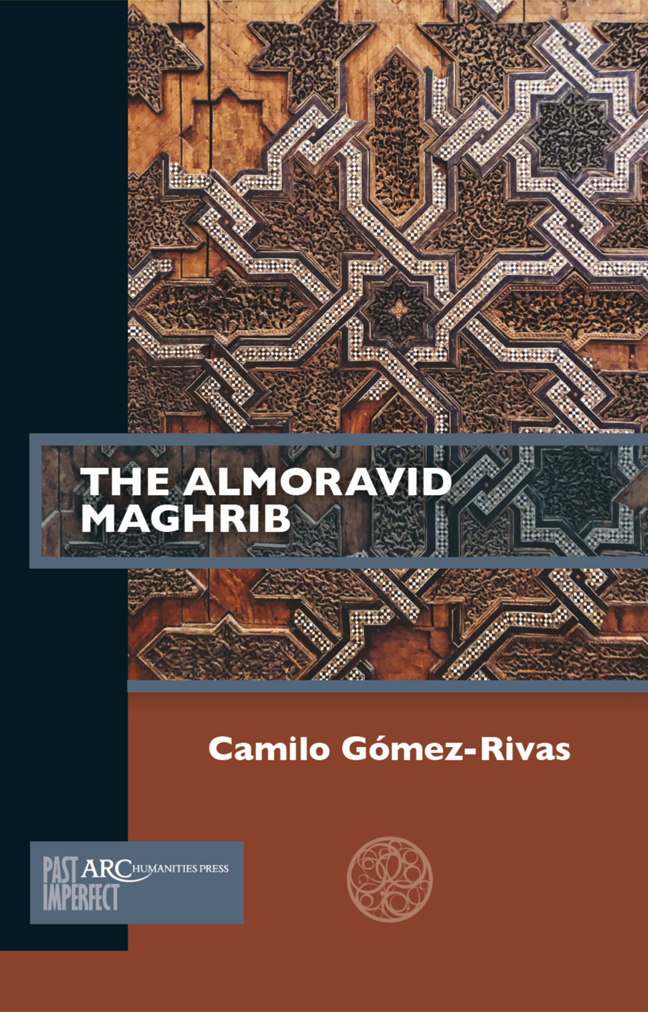Book contents
- Frontmatter
- Contents
- List of Illustrations
- Acknowledgements
- Abbreviations and Note on Language and Dates
- Principal Characters in the Narrative
- Introduction
- Chapter 1 The Preacher
- Chapter 2 The Queen and Her Kings
- Chapter 3 The Deposed
- Chapter 4 The Son
- Chapter 5 The Mahdis
- Chapter 6 The Qadi and the Rebel
- Conclusion
- Time Line
- Glossary of Key Terms
- Further Reading
Conclusion
Published online by Cambridge University Press: 20 February 2024
- Frontmatter
- Contents
- List of Illustrations
- Acknowledgements
- Abbreviations and Note on Language and Dates
- Principal Characters in the Narrative
- Introduction
- Chapter 1 The Preacher
- Chapter 2 The Queen and Her Kings
- Chapter 3 The Deposed
- Chapter 4 The Son
- Chapter 5 The Mahdis
- Chapter 6 The Qadi and the Rebel
- Conclusion
- Time Line
- Glossary of Key Terms
- Further Reading
Summary
From the perspective of the Maghrib, the Almoravid empire was pivotal and foundational, ushered in by a period of indigenous state formation on a new scale. The foregoing discussion has aimed at unpacking the details, dimensions, and aspects of this transformation, underscoring the fact that it went far beyond mere religious development, and that its roots and causes were likewise not merely religious or ideological, but an interaction with the wider economic, social, and political context was at work. The success of Almoravid trade and diplomatic and commercial recognition by their neighbours was central to their development. The beginning of the integration of Andalusi exiles into Maghribi governing and administrative circles was also an important factor. The broad military and economic exchange taking place along the Andalusi Muslim–Christian frontier was also a powerful economic and social mobilizer. It bears repeating and underscoring that the argument put forth in this book has not aimed to single out the Almoravid leadership as the sole most important factor in causing the various transformations discussed. They are but the most prominent agents in a historiographical record shaped precisely to ascribe such responsibility. Several factors and forces came together to allow for a transformation that no amount of political will could have generated and that no top-down scheme could have implemented. This book has aimed, rather, to point to the multiple dimensions and factors involved in bringing about the social, political, and religious transformation of the Far Maghrib that coincided with the Almoravids.
This richer perspective had been lost to much previous scholarship, and English-language scholarship especially. My own emphasis has been in two areas: One related to what can be perceived about the institutional growth of the Far Maghrib through the development of the legal network and of the texts this network produced. This would grow much more powerful in terms of influence and quantity in later centuries. Moroccan Malikism would come to play a leading role in the region; but it was founded in the Almoravid period, and, as a comprehensive legal-ethical literary tradition, it comprised and engaged many levels of society and activity, from money exchange and sales contracts to the shape of advanced literacy education and ritual expression and identification.
- Type
- Chapter
- Information
- The Almoravid Maghrib , pp. 113 - 116Publisher: Amsterdam University PressPrint publication year: 2023



